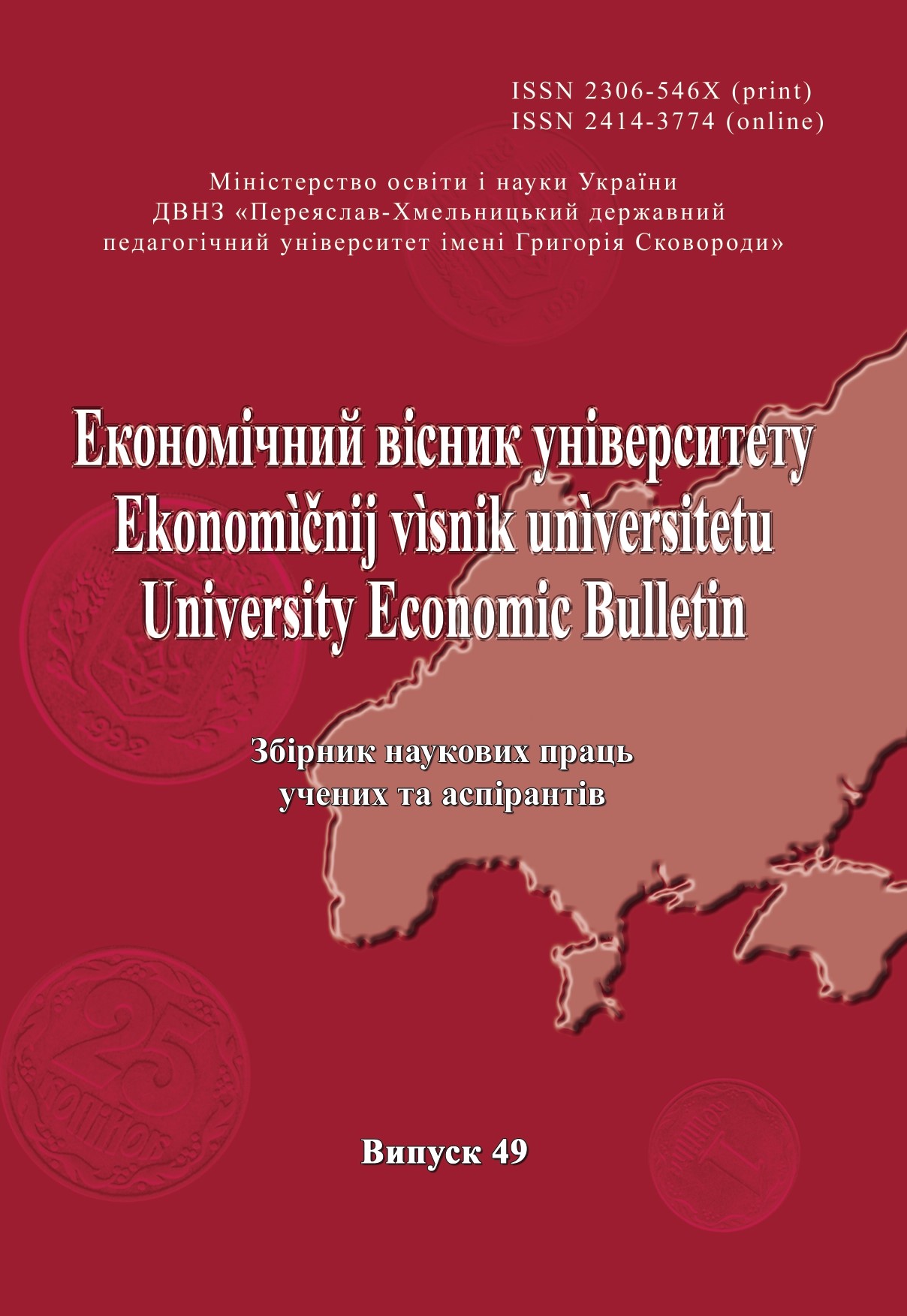Influence of anonymity, punishment, and high stakes on players’ economic behavior in the Ultimatum game
Influence of anonymity, punishment, and high stakes on players’ economic behavior in the Ultimatum game
Author(s): Bohdan SpysSubject(s): Business Economy / Management, Political economy, ICT Information and Communications Technologies
Published by: Університет Григорія Сковороди в Переяславі
Keywords: Ultimatum game; rationality; game theory; behavioral economics; players; classical economic theory;
Summary/Abstract: Relevance of the research topic. A study of player behavior can answer a large number of questions related to motivation and driving forces of negotiators. Particularly acute is the problem of understanding the minimum expectations of the negotiating parties, the willingness to accept worse conditions compared to the counterparty. An important role has the perception of "fairness" in the behavior of players. Understanding these mechanisms will increase the level of social development by increasing the effectiveness of negotiations and coherence of the participant’s behavior. Formulation of the problem. We have summarized and systematized the results of previous research on the influence of various factors on the behavior of players and, as a consequence, on the results of the Ultimatum game. In particular, the influence of the following factors was studied: the amount of money that will be distributed among the players; anonymity and the possibility of punishing the counterparty. Analysis of recent research and publications. There are a large number of publications on the behavior of players in the Ultimatum game, which explore the role of changing factors and their impact on the results of the game. A great contribution to the study of the Ultimatum game have made the works of Güth et al. (1982), G. Bolton and R. Zwick (1995), S. Andersen et al. (2011) and R. Slonim and E. Roth (1998). The purpose and the objectives of the study. The purpose of the study is to substantiate, to generalize, as well as to compare the empirical results of the Ultimatum game to the theoretical results according to classical economic theory. The objectives of the article are to study the influence of factors of anonymity, punishment, and stake size on the behavior of the players. Research methodology. Classical economic theory and behavioral economics constitute the methodological basis for this study. Methods of comparison, analysis and synthesis, induction and deduction are used. Presentation of the main material (results of work). The Ultimatum game, its possible results according to the classical economic theory, its empirical results, revealed by Güthet al. (1982) are studied. Also, the influence of the following factors is surveyed: the amount of money that should be distributed among the players, anonymity and the possibility of punishing the counterparty. Field of application of results. The results of the study can be applied in management, public administration, economics, capital markets. Conclusions according to the article. The stake size, anonymity, and punishment have a decisive influence on the behavior of players in the Ultimatum game. The study demonstrates a significant effect of the relative size of the stake compared to the absolute size offered to game participants. Anonymity has a significant but less noticeable effect on the outcome of the game, compared to the possibility of the second player punishing the first for, in his opinion, an unfair offer. In the complete absence of the possibility of punishment, the behavior of players approaches the theoretical economic theory.
Journal: Економічний вісник університету
- Issue Year: 2021
- Issue No: 49
- Page Range: 155-162
- Page Count: 8
- Language: German

